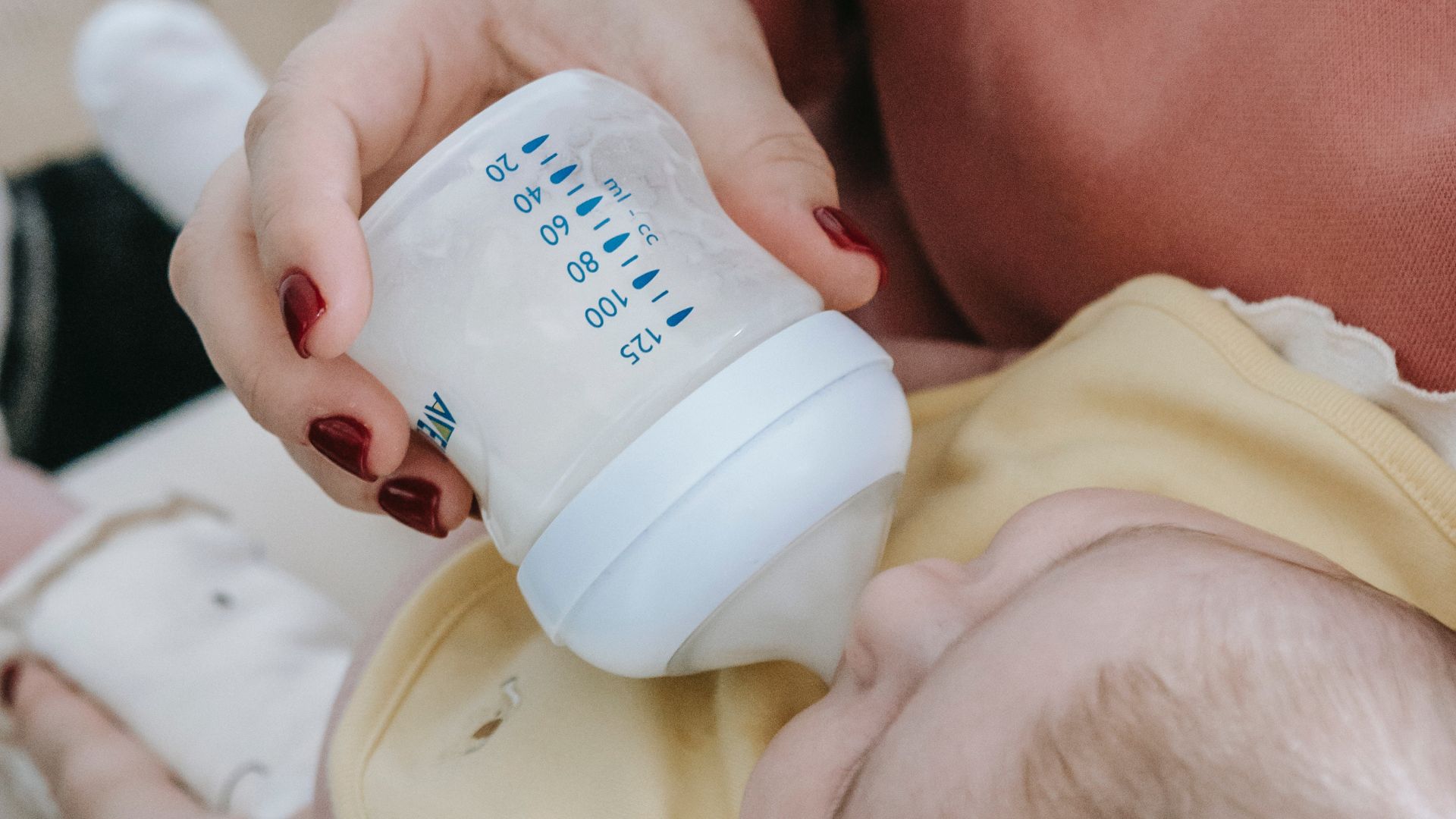The Lactalis-tainted milk scandal has given many parents nightmares. Despite a strong repercussion at the time of the events, public and private actors in the agri-food sector have not yet implemented the recommendations of the health authorities. The indictment against the dairy giant relaunches the debate on the opacity of producers and the inefficiency of public authorities in terms of controls.
The scandal of contaminated milk
Five years after the contaminated baby milk scandal, the Lactalis group and its subsidiary Célia dairy were indicted for aggravated deception and unintentional injury AND non-execution of the withdrawal and recall measures.
In 2017, around fifty children were infected with salmonella after consuming milk produced by the Mayenne branch of Lactalis. This bacterium causes food poisoning, the severity of which varies according to the individual. If it can be compared to a simple gastroenteritis, the most fragile, such as young children, can develop very serious symptoms.
Lactalis had been strongly criticized for its management of the crisis, between lack of transparency and slowness in withdrawing all suspect products from sale, despite the withdrawal and recall measure imposed at the material time. The group had also “failed” to pass on some information to the authorities. Finally, the health inspection protocol of the offending plant had revealed deficiencies and the plant had to stop production for six months.
Insufficient health checks
Since then, other similar health scandals have rocked the agribusiness sector. Recently, Buitoni pizzas (Nestlé) infected with E.coli bacteria and Kinders chocolates (Ferrero) contaminated with salmonella have sometimes severely poisoned more than 200 people, including many children.
In an analysis published last April, the newspaper Le Monde regrets that the Lactalis episode did not lead to concrete actions that could have prevented the marketing of new contaminated foods. However, the scandal was the subject of a parliamentary report, followed by recommendations to ensure consumer food safety. More controls and more means, better traceability, simplification of procedures, single food policy, many measures that have not yet been implemented.
The Ministry of Health, Economy and Agriculture continues to independently supervise the production phases that concern them and the dedicated staff has not yet been increased. Let’s hope this accusation will reignite the debate.
Front page photo credit: Sarah Chai on Pexels
Source: Madmoizelle
Mary Crossley is an author at “The Fashion Vibes”. She is a seasoned journalist who is dedicated to delivering the latest news to her readers. With a keen sense of what’s important, Mary covers a wide range of topics, from politics to lifestyle and everything in between.





